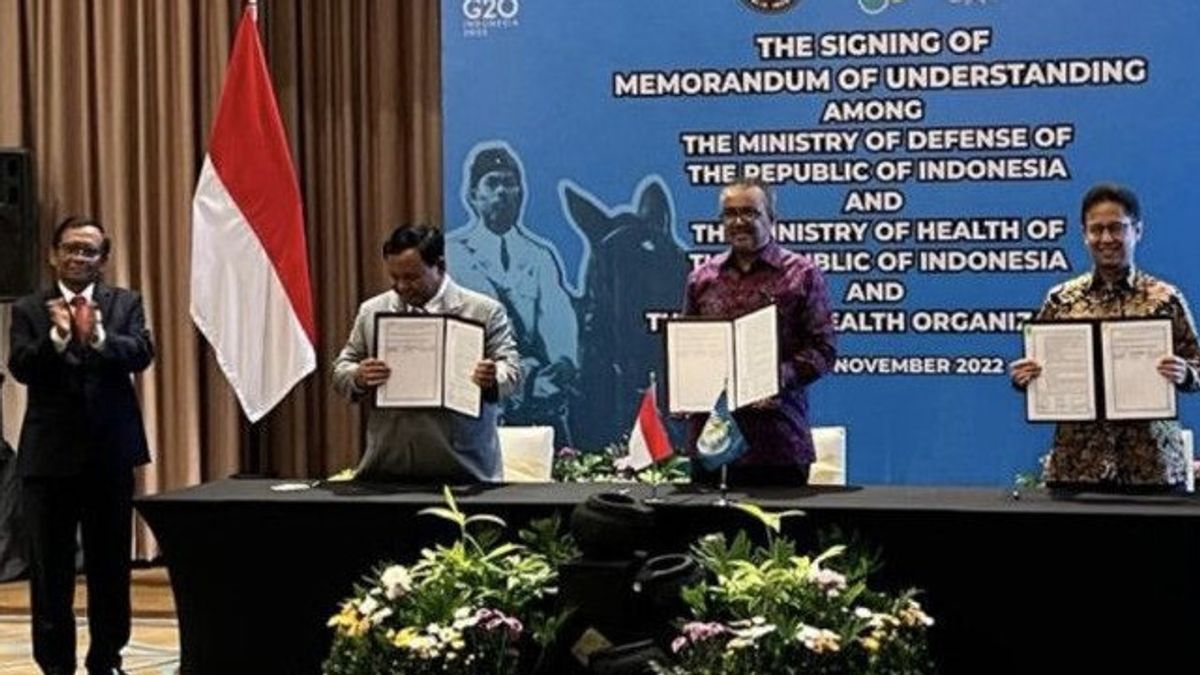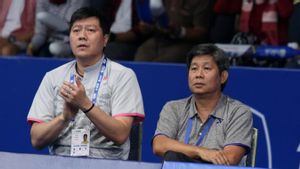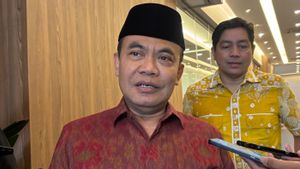JAKARTA - The Defense University (IDU) has been appointed as the location for the Multi-National Training Center for a health emergency. This election was carried out by the World Health Organization (WHO).
"Universities as intellectual components have a strategic position in efforts to reduce disaster risk," said Minister of Health Budi Gunadi Sadikin in a statement in Jakarta, Thursday, November 17.
Universities act as research centers in producing and disseminating knowledge of disasters, particularly those related to health emergencies.
In addition, he said, universities can also support the government in managing health during the crisis phase.
The determination of the Defense University of the Republic of Indonesia as a Multi-National Training Center for health emergencies is a follow-up to the agreement of the Ministry of Health, the Ministry of Defense, and WHO in the collaboration of the global defense system to deal with future pandemics.
The signing of a memorandum of understanding (MoU) was carried out by Minister of Health Budi Gunadi Sadikin, Defense Minister Prabowo Subianto, WHO Director General Dr. Tedros Adhanom Ghebreyesus on the sidelines of the G20 Summit, Tuesday (15/11) in Bali.
The Minister of Health said that extreme weather and climate change are one of the potential hydrometeorological disasters that can become a pandemic in the future.
He added that Indonesia is one of the countries that is prone to natural disasters and emergencies, including health emergencies.
To become a disaster-resistant nation, he said, strong political will and collective efforts are needed, including by establishing a health emergency training center.
"The framework for reducing disaster risk requires multi-sectoral efforts in community mitigation and preparedness," he said.
According to him, the G20 seeks to build a framework for pentahelix collaboration, which involves governments, civil society, media, academics, and business entities to work together to solve problems in reducing disaster risk.
The government as policy makers, regulators, and coordinators of stakeholders, said Budi, must cooperate with the community, who can at the same time act as accelerators in preparedness in their own environment.
Meanwhile, the role of the media is to spread information and education about disasters and understand health emergencies. The private sector focuses on providing services and products that help achieve health emergency preparedness goals.
"I am optimistic that this MoU will become the basis for a stronger health crisis management system," said Budi Gunadi Sadikin.
The English, Chinese, Japanese, Arabic, and French versions are automatically generated by the AI. So there may still be inaccuracies in translating, please always see Indonesian as our main language. (system supported by DigitalSiber.id)













